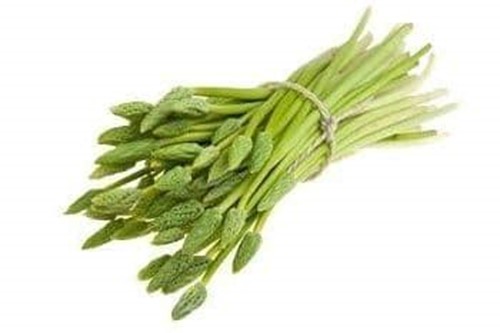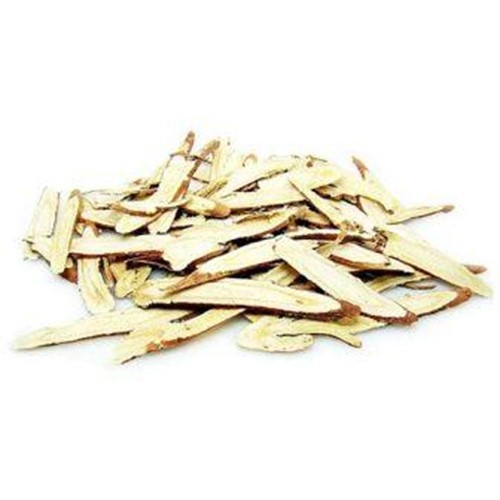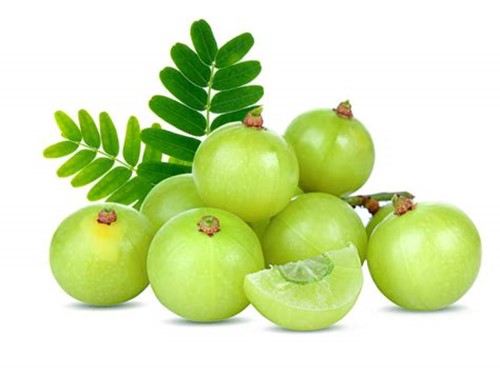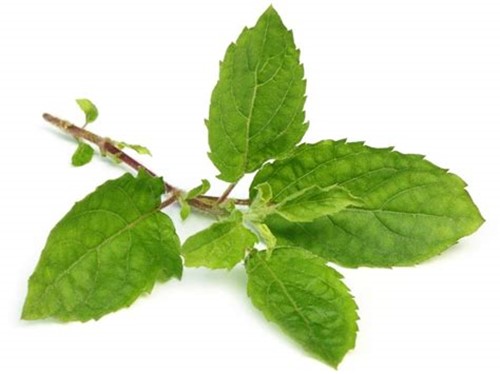5 herbs that Cure Acid Reflux in Ayurveda
Published Date: 8/7/2021 7:32:16 AM
Acid Reflux or GERD (Gastroesophageal Reflux Disease) is caused when the valve between the esophagus and stomach becomes weak. Normally, this valve opens to allow food in and then it shuts tightly. With GERD, the valve stays open, allowing stomach acids to flow back up into the esophagus, causing heartburn and many other symptoms. It leads to a condition in which the liquid content of the stomach regurgitates (backs up or refluxes) into the esophagus. If you have heartburn that occurs more than twice a week and/or does not get better with over-the-counter antacids, you may have GERD. Some of the herbs described in Ayurvedic literature which help to cure acid reflux are as follows:

Shatavari (Asparagus Racemosus)
"Shatavari" Supplements are used to reduce sexual problems of males, helps the nourishment of female reproductive organs, supports rejuvenation, promote energy & vitality. It is particularly amazing for your reproductive health, increasing fertility, enhancing libido, and helping to ease menopause symptoms. It prevents physical and emotional stress. Full of vitamins, minerals, and antioxidants, Shatavari is an amazing plant to include in human life.

Mulethi (Glycyrrhiza glabra)
"Liquorice" or "Yashtimadhu" also known as Mulethi, is an excellent home remedy for a number of disorders like cough and cold. According to Ayurveda, mulethi is sweet to taste, it’s slimy and heavy, and is efficacious in treating Vata disorders. Glycyrrhizin - a saponin found in mulethi is known for its anti-microbial action. The root is powdered and had with honey and ghee to improve immunity. It is believed to be a natural revitalizer and anti-aging agent. Some studies have also shown the positive effect of mulethi in relation to brain function.

Amla (Emblica officinalis)
"Amla" is perhaps one of the richest sources of vitamin C and is perfect for the overall immunity, as it can rejuvenate and revitalise the body systems. Amla is cooling in nature and can help remove excess body heat, thus often recommended in pitta conditions. It is also helpful in in afflictions of the gastro-intestinal tract. Amla is also believed to stimulate regeneration of red blood cells and help improve haemoglobin content in body. Due to its anti-inflammatory properties, it can help soothe joint pains. Amla is often used in powder form but is also available as tablets or liquid extracts. It is best to consume amla in raw form. Amla powder can be consumed by mixing with honey, twice a day. Chyawanprash is a well-known Ayurvedic formulation that can be taken to reduce mental and physical fatigue and boost immunity also contains amla.

Ginger (Zingiber officinalis)
"Ginger" is hot in potency and thus aids in decreasing the aggravated vatta and kapha doshas. Ginger is very versatile – it can be had fresh, powdered or oil form or in dry candied/ juice form. Dry ginger powder mixed with sesame oil is used to relieve joint or muscle pains. It is also used for hot fomentation in gout, oedema, arthritis or other joint pains. Anti- microbial compounds in ginger helps fight infections, and boost immunity levels. Ginger is also recommended for many respiratory ailments like cold, cough, pneumonia, asthma and bronchitis.

Tulsi (Ocimum sanctum)
"Tulsi" is used for its medicinal purposes, due to its anti-infective properties and its use in respiratory tract infections like cough, cold, sore throat, asthma etc. It helps remove excess kapha from lungs. This natural stimulant energizes our body, increases circulation, and has been proven to be beneficial in skin diseases and ulcers. Fresh tulsi juice taken twice a day may help to boost health. Adding a few drops of ginger and honey to tulsi juice may help further improve immunity.